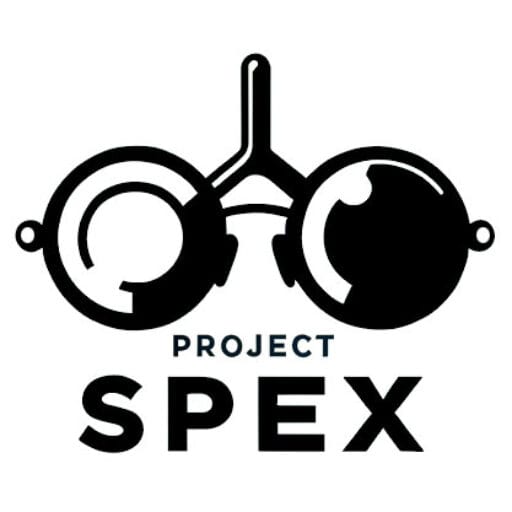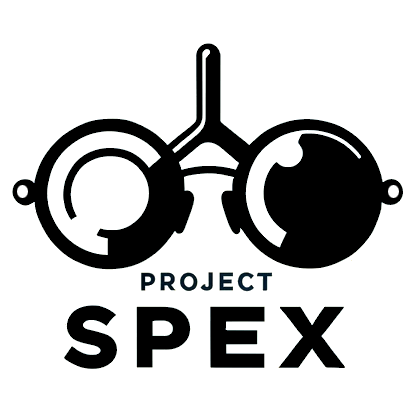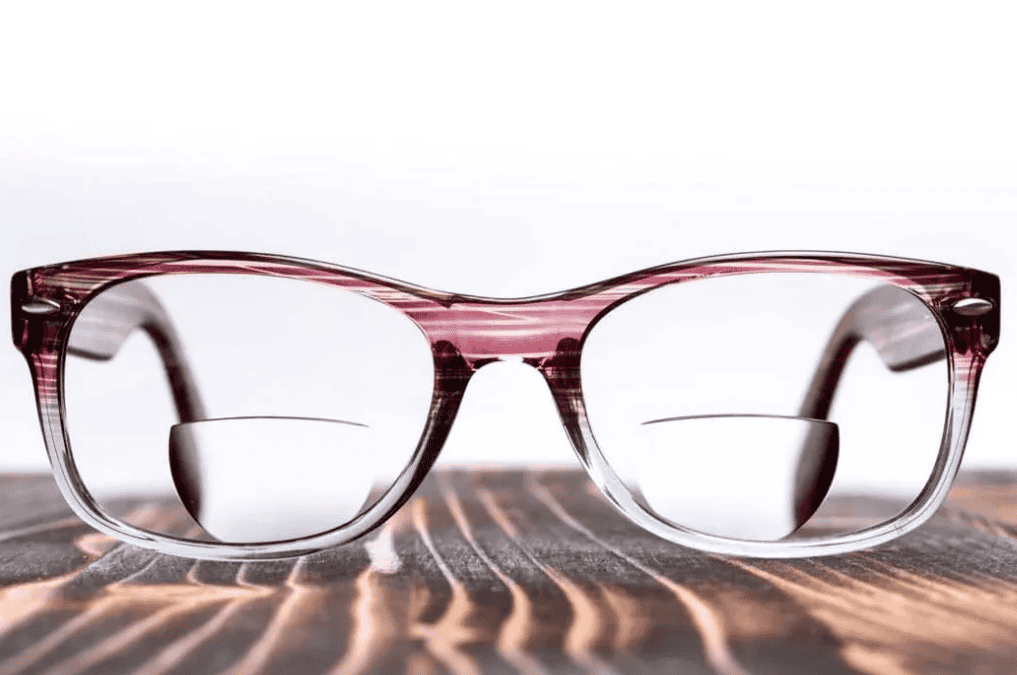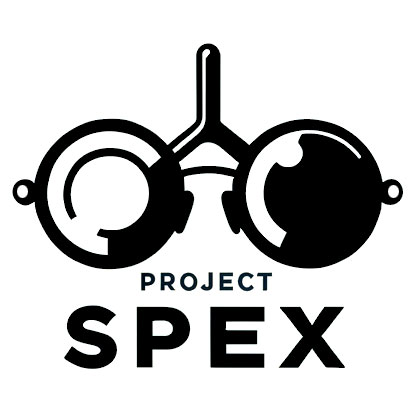What Are Single Vision Lenses?
Single vision lenses are designed to correct vision at one specific distance. They have a uniform lens power throughout, which makes them suitable for people who only need correction for either near vision, intermediate vision, or distance vision.
If you are nearsighted or farsighted, single vision lenses are often prescribed to help you see clearly. The lens is made to focus light properly on your retina, whether you need assistance for close work like reading or for seeing things far away like road signs. Single vision lenses are often chosen by individuals who do not have presbyopia, a condition that usually occurs as part of aging and affects near vision.
What Are Bifocal Lenses?
Bifocal lenses are designed to correct vision at two different distances, typically for near and far sight. The lens is split into two distinct segments. The upper portion is used for distance vision, while the lower portion helps with near tasks, such as reading or sewing.
The separation between the two vision zones is marked by a visible line, which is why bifocals are sometimes referred to as “lined” lenses. These lenses are often recommended for individuals who have presbyopia and need correction for both reading and distance vision. Bifocals are helpful for those who don’t want to switch between regular glasses and readers throughout their day.
What Are Trifocal Lenses?
Trifocal lenses take bifocals a step further by correcting vision at three distances: near, intermediate, and far. They are divided into three segments, with the top portion for distance, a middle segment for intermediate vision (like working on a computer), and the bottom segment for near vision (such as reading).
The intermediate portion of the lens is typically smaller and is positioned between the near and distance sections. Like bifocals, trifocals have visible lines separating each section of the lens, allowing the wearer to easily find the right zone for the task at hand. Trifocal lenses are beneficial for those who need additional help with intermediate distances, offering more versatility for activities throughout the day.
What Are Progressive Lenses?
Progressive lenses, offer a gradual change in lens power from the top to the bottom of the lens. Unlike bifocals and trifocals, progressive lenses do not have visible lines separating the different vision zones. This seamless transition provides a more natural progression when shifting focus between near, intermediate, and distance viewing.
The upper portion of a progressive lens is for distance vision, while the middle section focuses on intermediate distances, such as computer use. The lower part of the lens is for near tasks, like reading. Progressive lenses are popular for their cosmetic appeal and the smooth, natural vision they provide. Many people find that they feel more comfortable wearing progressive lenses since they closely mimic the way natural vision changes between distances. Learn more about progressive lenses.
How Do You Choose the Right Eyeglass Lenses?
Choosing the right eyeglass lenses depends on your specific vision needs, lifestyle, and preferences. Single vision lenses are often suitable for those who only need correction at one distance, either near or far. If you have presbyopia and need correction for both near and far distances, bifocal or trifocal lenses may be a good option. For a more seamless experience without visible lines, progressive lenses may be the best choice. They allow you to see clearly at all distances with one pair of glasses and provide a more natural and cosmetically appealing option.
It’s important to speak with your eye care professional to determine which type of lens will best suit your vision needs and everyday activities. Your eye care provider can help you weigh the pros and cons of each lens type, ensuring that you select the right option for comfortable, clear vision.
Discover independent eyewear with Project Spex. Every Friday, we deliver the latest in collectible eyewear and your favorite independent designers.
Sign up now and never miss a thing!
About The Author:

Will Benjamin is an advocate for independent eyewear and one of the driving forces behind Project Spex. With a passion for unique, collectible, and limited-edition eyewear, Will aims to inspire people to build their own collections through Project Spex, while supporting the success of independent opticals.


